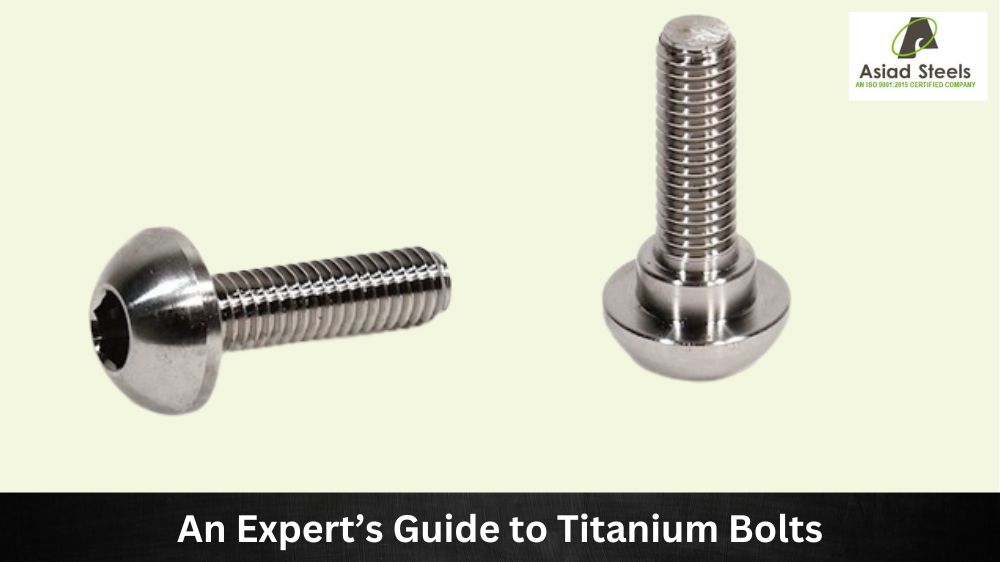Regarding the aerospace and automotive industries, using high-quality materials is a top priority for manufacturers and DIY enthusiasts. One of the most sought-after materials is titanium, a lightweight and corrosion-resistant metal ideal for manufacturing bolts. But with so many options available, choosing which titanium bolts to use can be difficult. That’s why we’ve compiled this expert guide to choosing the right titanium bolts for your application. Read on to learn more.
What is Titanium Bolts?
Titanium Bolts are fasteners made from an extremely strong and corrosion-resistant metal called titanium. They’re used in many aerospace, automotive, and industrial applications because of their strength and durability. These bolts can withstand higher temperatures than other metals while remaining lightweight. They’re also non-magnetic, meaning they won’t interfere with the operation of electronic devices nearby or be affected by magnetic fields like steel bolts sometimes can. Lastly, their low thermal expansion rate makes them ideal for engineering applications such as bridges, where consistency is critical.
Understand the Grade of Titanium:
Firstly, it’s critical to understand the different grades of titanium available for bolt. Commercially pure titanium is divided into four grades, with Grade 5 being the most commonly used for bolts in the aerospace and automotive industries. Grade 5 titanium has excellent strength, durability, and corrosion resistance, making it ideal for high-performance applications.
Look for Quality Bolts:
It’s essential to look for high-quality bolts to ensure you’re getting the best performance. Be sure to invest in CNC machined bolts, which means that the bolts are cut precisely to their exact dimensions. Additionally, you want to choose titanium from a reputable supplier so you know you’re getting a durable and reliable product.
Consider the Application:
When choosing titanium bolts, it’s important to consider the application. What environment will your bolts be used in? Will they be exposed to moisture or high levels of stress? These factors should inform your choice of bolts. For high-stress applications, it’s best to opt for heat-treated bolts to improve their strength, while for applications that involve exposure to high levels of moisture, you may need coated bolts to prevent corrosion.
Choose the Right Size and Shape:
Choosing the right size and shape of your bolts is as important as choosing the grade and quality. Consider the application, the materials you’re working with, and how the bolts must fit together to select the right size and shape. Use the correct tools and techniques to tighten the bolts properly to avoid any damage or failure.
Follow Proper Installation Techniques:
Finally, following proper installation techniques when working with titanium bolts is crucial. Ensure the bolts are tightened to the manufacturer’s specified torque settings for best results. Additionally, use mating materials compatible with titanium, such as steel or aluminum, to avoid galvanic corrosion. By following these installation techniques, you can ensure that your titanium bolts perform to their full potential.
Conclusion:
When choosing titanium bolts for high-performance applications, it’s essential to understand the different grades, seek out high-quality products from reputable suppliers, consider the application, choose the right size and shape, and follow the proper installation techniques. With these tips, you can select the right titanium bolts for your application and enjoy the benefits of their superior strength, durability, and corrosion resistance.

